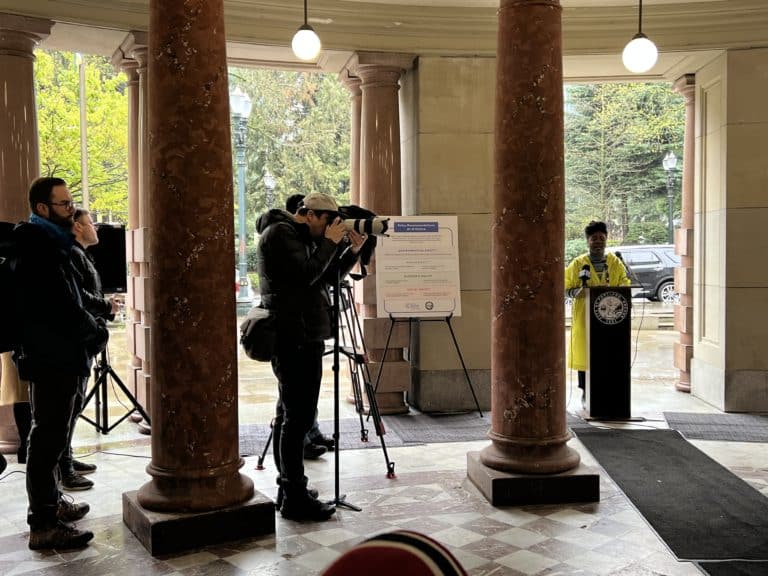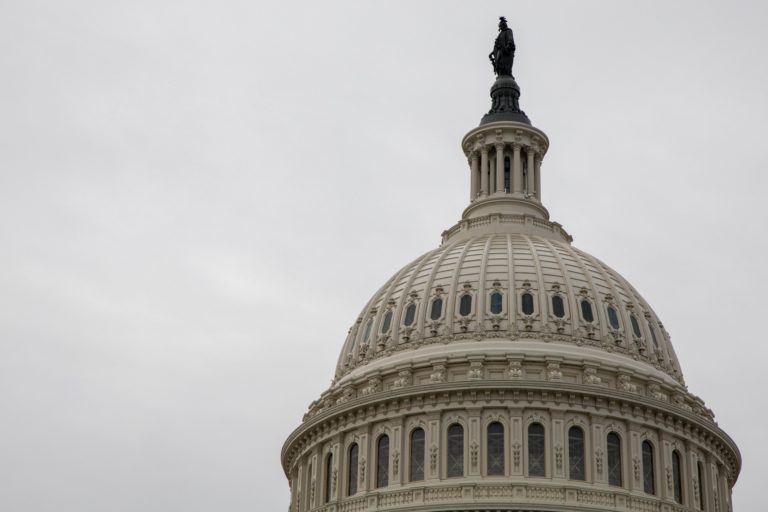Ohio’s medical cannabis cultivators are joining a new coalition of advocates who are working to legalize recreational marijuana through a state-wide ballot measure this coming November, 2020.
The proposed constitutional amendment would allow anyone over 21 to buy, consume and possess up to an ounce of cannabis and grow up to six pot plants for personal use, according to a petition page obtained by The Cincinnati Enquirer.
Ohio’s existing medical marijuana businesses would have first dibs on the recreational market beginning in July 2021. State regulators could then decide to issue additional licenses.
Lawyers from both political parties are working to get the proposal on the ballot. Tom Haren is an Ohio attorney who has represented several Ohio cannabis companies, and Mike Hartley, a Columbus-based Republican, consultant have both stepped up.
Do Ohio medical cannabis businesses support the legalization measure?
The Ohio Medical Cannabis Cultivators Association, which represents 15 Ohio MMJ companies, have said they do not support the plan as they are focusing on improving the Buckeye state’s MMJ program, which has run into nearly constant setbacks, but is now up and running.
This is also a last minute challenge and it won’t be cheap. Eventually, supporters would need to collect 442,958 signatures from registered voters before July 1 to qualify for the November ballot.
Recent legalization by ballot efforts have cost more than $3 million, used mostly to hire professional signature-gathering firms.
The Marijuana Policy Project, which has spearheaded other several successful legalization campaigns, has said the Ohio campaign would cost four to six times more than other states, per Politico because of the July 1 deadline.
Ohio cannabis legalization during a presidential election
Marijuana legalization initiatives have a better chance of passage in presidential election years, when voter turnout is higher, especially among younger voters. In 2016, for example, nine states had recreational or medical pot legalization initiatives on their ballots; eight of the nine were passed.
Influential documentary filmmaker, Michael Moore, says that putting marijuana legalization on the ballot also ensures a larger voter turnout.
Moore used his own state of Michigan as an example of when they had the largest voter turnout in 56 years for the 2018 midterms because, among other issues, cannabis legalization was on the ballot.
“This is what we did in Michigan,” Moore told MSNBC.
“We had a ballot proposal to legalize marijuana… and the largest turnout of young people in we don’t know when came out to the polls.”









